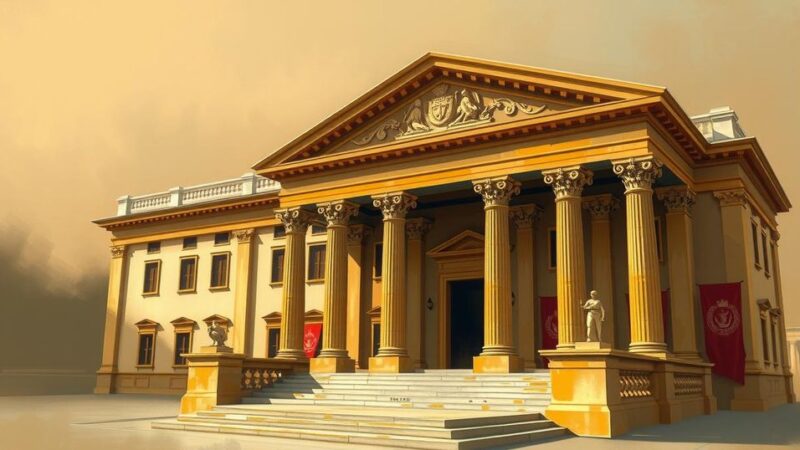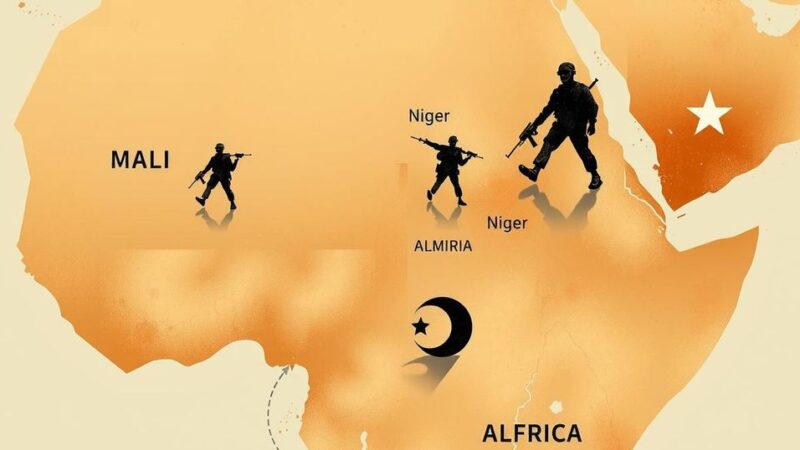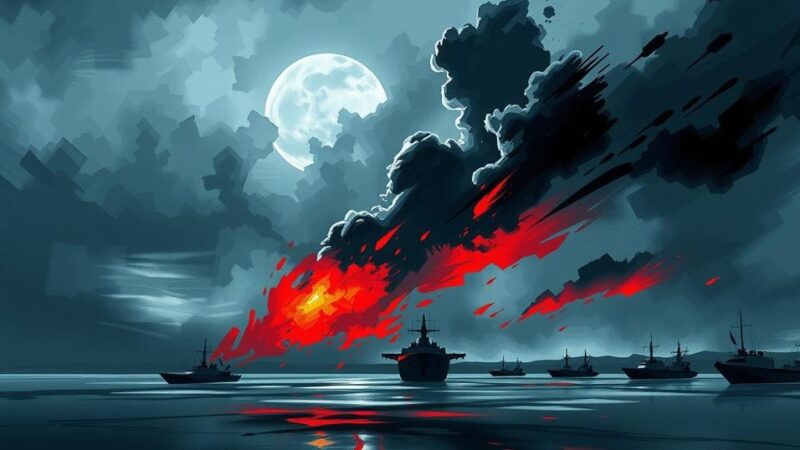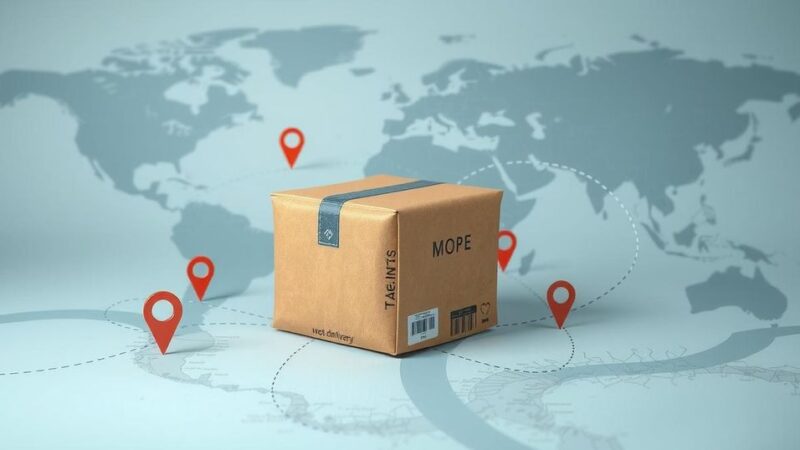The Democratic Republic of Congo plans legal action against major tech companies, including Apple, to address the use of conflict minerals from its eastern regions. The DRC is the largest global supplier of tantalum, with militia control exacerbating regional violence. DRC officials aim to hold companies accountable for their supply chains, as global protests and legal scrutiny grow around ethical sourcing of conflict minerals.
The Democratic Republic of Congo (DRC) is initiating legal proceedings against prominent technology firms, including Apple, in an effort to address the ongoing issue of conflict minerals that are sourced from its eastern provinces. This region is renowned for being the largest global supplier of tantalum, a crucial element utilized in smartphones and other electronic devices, such as the iPhone. The lucrative trade in tantalum has lured over 100 militia groups that compete for dominance over mining operations, exacerbating the violence within the region. Tantalum is an essential conductive metal used in electronic components, contributing to eastern Congo’s notoriety as a conflict hotspot. In 2024, the M23 rebel group seized control of Rubaya, the largest tantalum mine in the area. Reports from the DRC, alongside insights from several U.S. experts and the United Nations, indicate that Rwanda has been allegedly sending troops to support the M23 in its control of these mining resources, although Rwanda has publicly denied any involvement. In addition to tantalum, other minerals such as tin, gold, and tungsten are similarly classified as conflict minerals due to their financial support of militia activities and their role in perpetuating violence. The UN has already classified minerals from Rubaya as “ineligible for trade” due to their association with ongoing regional violence. Nevertheless, these minerals continue to infiltrate global supply chains, prompting the DRC to advocate for accountability from international corporations, particularly within the technology sector. DRC’s Foreign Minister, Therese Kayikwamba Wagner, has recently signaled that the government is contemplating legal action to combat the illicit trade of these conflict minerals. Although the specifics of the legal strategy have yet to be disclosed, Wagner has affirmed that the DRC is exploring various methods to hold companies accountable for their contributions toward the destabilization of the region. Apple has previously encountered scrutiny from the DRC regarding the potential involvement of its supply chain in sourcing conflict minerals associated with militia groups. Earlier this year, the DRC cautioned Apple about such connections. Subsequently, in May, the DRC’s legal representatives accused Apple of not providing adequate evidence to confirm that its supply chain is devoid of minerals extracted from conflict zones. In response to these allegations, Apple undertook initiatives to dissociate itself from suppliers engaged in conflict mineral activities. Apple’s efforts to cleanse its supply chain include severing relationships with 18 suppliers in 2020 and an additional 12 suppliers in 2022 over related concerns. Despite these actions, discontent among critics remains prevalent. In September, protests erupted in several U.S. cities and around the globe coinciding with the launch of the iPhone 16, demanding a boycott of Apple products. These demonstrations not only targeted Apple’s alleged connections to DRC’s conflict minerals but also addressed pressing global issues, such as the violence in Gaza and Israel. As both public pressure and potential legal action mount, the DRC’s initiative to hold technology companies like Apple accountable may propel the conversation on ethical sourcing forward, compelling global corporations to ensure that their supply chains are free from exploitation fueled by conflict.
The Democratic Republic of Congo (DRC) has long been a central figure in the global conversation about conflict minerals, particularly tantalum, which is essential for various electronic products. The region’s struggles with armed militia groups seeking control of lucrative mineral resources have raised serious ethical concerns regarding the sources of materials used in consumer electronics. Traditional supply chains often obscure the origins of these minerals, making it challenging to ascertain their impacts on human rights and regional stability. The DRC government aims to enforce legal accountability among multinational corporations, particularly tech giants implicated in the conflict mineral trade. The push follows ongoing international awareness and activism against the exploitation of natural resources in conflict zones.
In conclusion, the Democratic Republic of Congo’s impending legal actions against technology companies like Apple exemplify the urgent need for corporations to ensure ethical sourcing practices and accountability within their supply chains. The issue of conflict minerals continues to pose significant challenges in conflict-prone regions, necessitating a concerted global effort to eradicate exploitation stemming from these valuable resources. The situation is compounded by public advocacy that raises awareness regarding corporate responsibility and the implications of technology manufacturing practices on human rights and regional stability.
Original Source: www.firstpost.com






